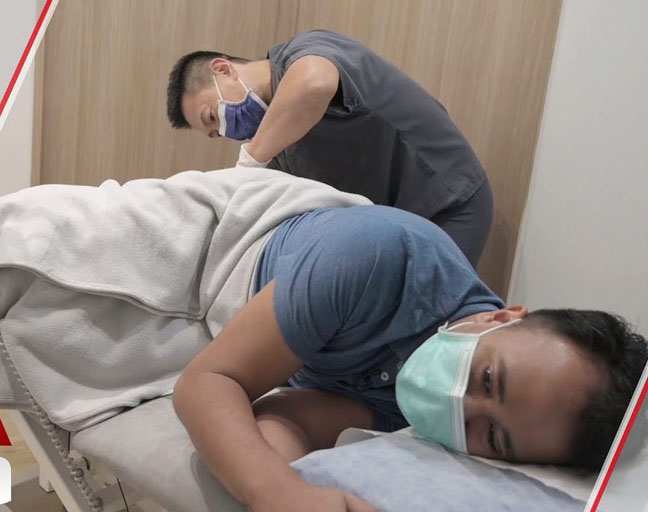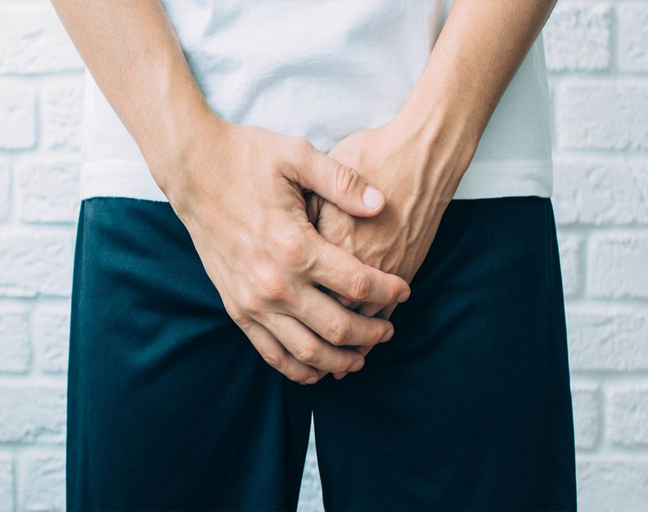Erectile dysfunction (ED) is something many men experience at some point in their lives, yet it’s often a topic that’s swept under the rug. In fact, up to 30 million men in the U.S. are affected by ED. But here’s the thing: even though ED is common, it’s not something most guys feel comfortable talking about, whether due to embarrassment or fear of being judged. The problem is, ignoring ED can lead to more serious issues in relationships and mental well-being. So, why can’t you get hard? Let’s break down some of the most common reasons.
1. Heavy Drinking
Sure, alcohol might give you that bold confidence when it’s time to impress your partner, but too much of it can quickly turn your confidence into frustration. Just one night of heavy drinking can prevent you from getting or maintaining an erection. Long-term alcohol abuse can lead to ongoing erectile issues. The good news? If it’s just a night of overindulgence, the problem is usually temporary. But if it’s affecting you more frequently, it could be a sign that it’s time to scale back or seek help.
2. Drugs
Whether it’s illegal substances like cocaine and heroin or prescription medications, drugs can be a big culprit when it comes to ED. Even something like marijuana, often considered harmless, can mess with your performance in the bedroom. So, if you’re wondering, “Why can’t I get hard?” it might be time to sober up. If you’re on meds for a health condition and suspect they’re affecting your sex life, talk to your doctor. They might have alternatives that don’t come with the same side effects.
3. Chronic Fatigue
When you’re worn out from a busy life, lack of sleep, or just general exhaustion, your body might not be in the mood for romance. Chronic fatigue can lower your libido and make achieving an erection feel like a far-off dream. A simple fix? Get some rest. A solid night’s sleep does wonders for both your physical and mental well-being, including your sex life.
4. Certain Medications
Are you taking medications for conditions like high blood pressure, depression, or diabetes? Some of these can impact your sexual function. Medications like anti-anxiety pills (Valium), antidepressants (Zoloft, Prozac), or even something as common as Sudafed for a cold could be to blame. Don’t just stop taking them though—always consult with your doctor about the side effects and potential alternatives that might not interfere with your sex life.
5. Stress
Stress is like a silent killer when it comes to your sexual health. It affects everything, from your mood to your physical health. In fact, stress is responsible for up to 20% of erectile dysfunction cases. It can trigger a range of issues, from insomnia to heart problems, all of which can contribute to ED. But here’s the good news: stress is manageable. Practicing relaxation techniques like meditation, yoga, or deep breathing can reduce stress and, in turn, improve your chances of a satisfying sexual experience.
6. Performance Anxiety
Let’s face it, guys: worrying about how you’ll perform in bed can sometimes be the very thing that stops you from performing at all. Performance anxiety isn’t just for women—it can affect men too. If you’re constantly stressing about your performance or trying to measure up to unrealistic standards, your anxiety might be the roadblock. The solution? Focus on the connection with your partner, not just the act itself. A relaxed mindset and good communication can help alleviate that pressure.
7. Smoking
If you’re a smoker, you might be unknowingly harming your ability to get an erection. Studies show that smoking is responsible for up to 40% of erectile dysfunction cases. The chemicals in cigarettes damage your blood vessels, which are crucial for getting and maintaining an erection. Want to improve your chances of a better sex life? Quit smoking. Aside from all the other health benefits, this one might just be the most rewarding when it comes to your bedroom performance.
8. Relationship Problems
Let’s be real: constant fighting or unresolved issues in a relationship can directly affect your sex life. If you’re struggling emotionally with your partner, it can be hard to get into the mood. Stress from relationship problems can take a toll on your libido and ability to get aroused. The key here is to work through your issues together. Resolving relationship problems can bring you closer and lead to better intimacy and connection.
9. Underlying Health Conditions
Sometimes, ED can be an early warning sign of something more serious, like heart disease, diabetes, or thyroid issues. If you’re a younger guy experiencing ED, it could be a signal that you need to check in with your doctor. The good news? Most of these conditions can be treated successfully, and once the underlying health issue is addressed, ED often resolves as well.
10. Too Much Masturbation
It might sound a bit surprising, but overdoing it with masturbation can impact your ability to get hard during actual sex. Watching too much porn and indulging in frequent masturbation can desensitize your brain to dopamine, the chemical that plays a role in sexual arousal. If you’re having trouble performing, cutting back on solo activities might help reset things. Try focusing on real-life intimacy instead—it could make a huge difference in your sexual health.
What to Do If I Can’t Get Hard?
Now that you know why you might be struggling with ED, you’re probably wondering how to fix it. The good news? Most cases of erectile dysfunction are temporary and can be resolved with lifestyle changes. Quitting smoking, reducing alcohol intake, getting more sleep, managing stress, and addressing any underlying health conditions can help. If those changes don’t do the trick, your doctor may recommend medications like Viagra or Cialis, self-injections, or even testosterone therapy. In some cases, counseling can also help improve personal or relationship issues affecting your sex life.
So, if you’re having trouble “getting hard,” don’t just sit there and worry. Take action! Whether it’s making a few lifestyle adjustments or seeking professional advice, there are plenty of solutions to help you regain your confidence and improve your sex life.





